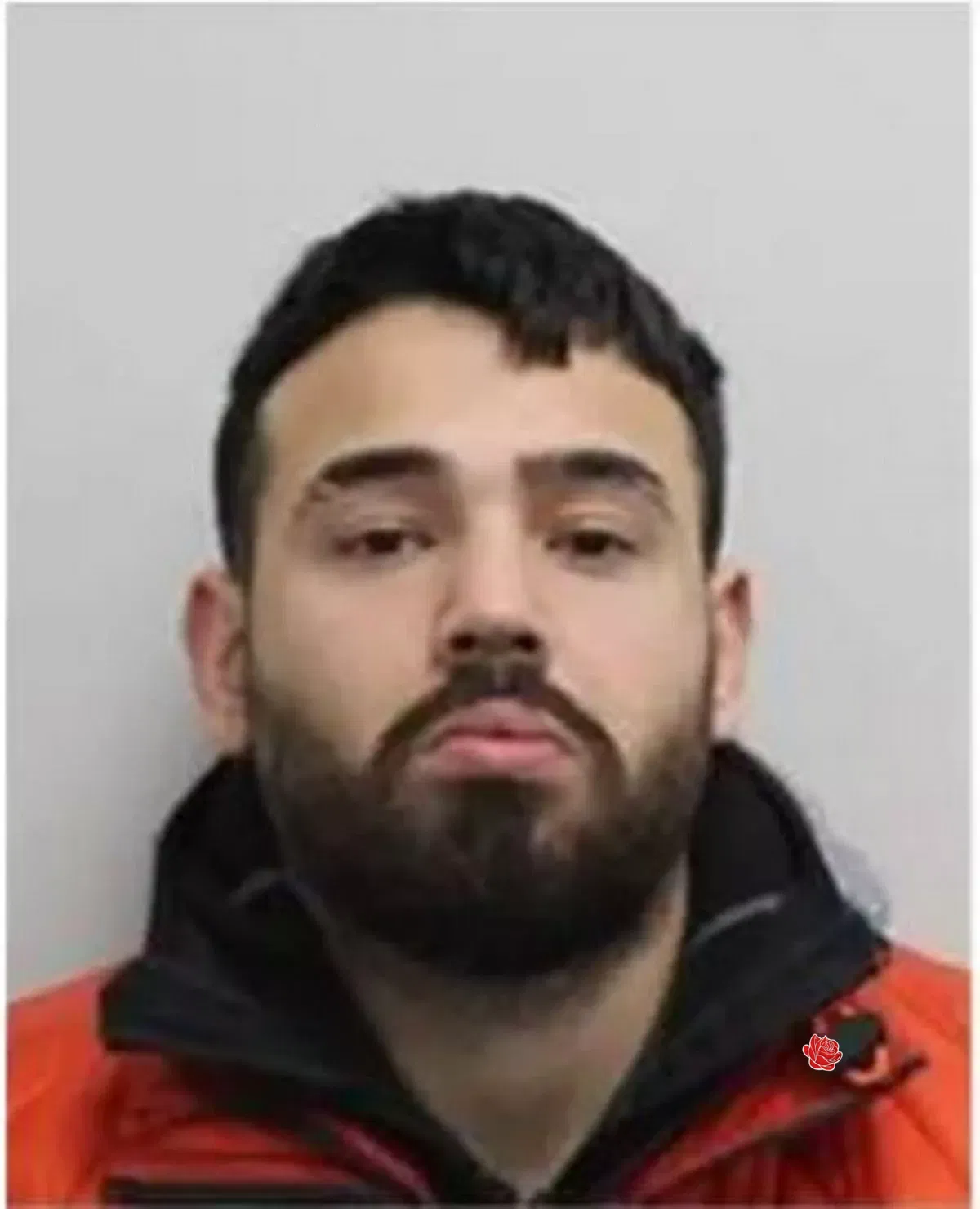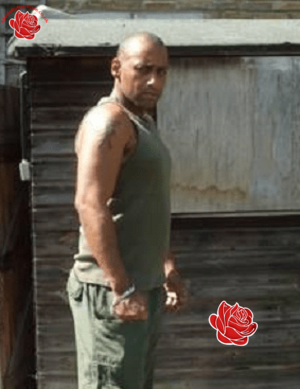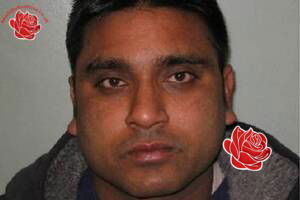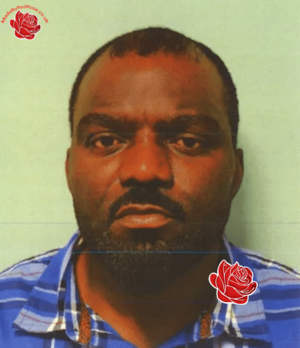Frederick Feathers's Social Media Accounts
Know a Social Media Account Linked to Frederick Feathers?
Want to add information? Log in to your account to contribute accounts and phone numbers.
FREDERICK FEATHERS SHOCKS BARKING WITH LIFE SENTENCE FOR BABY MURDER
In a tragic case that has sent shockwaves through the Barking community, 20-year-old Frederick Feathers was sentenced to life imprisonment yesterday for the brutal murder of his girlfriend's five-month-old son, Harry Gurney. The court heard that Feathers, who was unemployed and reportedly 'adored' children, had denied intentionally killing Harry, but his plea of guilty to manslaughter was firmly rejected by the jury.Harry Gurney's death was the culmination of a series of distressing injuries, including a previously unexplained skull fracture that was exacerbated by further head trauma. During the trial, Feathers admitted to losing his temper when Harry refused to stop crying. He described how he had shaken the infant violently and then thrown him onto the bed, where Harry's head struck a wall. These actions led to the fatal injuries that ultimately ended the child's young life.
The court was also informed about the circumstances surrounding Harry's initial injury. A social services case conference was convened in Barking after Harry sustained his first skull fracture. Despite police opposition, the decision was made to return Harry to his mother, Joanne Gurney, and Feathers. This decision was made just one week before Harry was murdered, raising questions about the adequacy of the protective measures in place.
DC Robert Hosking, a member of the Barking Child Protection Team, expressed his concerns about the case, stating that his worries were 'overruled' by Bula Biswas, a senior social worker with the London Borough of Barking. He recalled her words vividly: 'I am not in the habit of breaking up a bond between young mothers and their babies.' This comment underscored the complex and often difficult decisions social workers face when balancing child safety and family bonds.
Outside the court, Detective Inspector David Williams of the Barking Child Protection Team reflected on the case, suggesting that closer supervision might have prevented Harry's tragic death. He remarked, 'Alarm bells were ringing in Harry's case but were ignored,' highlighting the failures in safeguarding that could have potentially saved the child's life.
Harry was born prematurely on June 9, 1991, weighing only 3 pounds (1.36 kg). He spent ten weeks in hospital after his birth. However, his health continued to be fragile; six weeks after discharge, he was readmitted with a stomach disorder. An X-ray revealed deformities in two of his ribs, and despite medical advice, his mother took him home on October 12, just a day after his hospital admission.
Less than a week later, on October 20, Harry was rushed back to hospital in a semi-conscious state. Medical examinations uncovered a severe skull fracture, prompting the Barking Child Protection Team to become involved once again. Following his release three days later, police enforced a protection order to facilitate ongoing investigations. Despite their efforts, social workers refused to place Harry on the 'at risk' register, a decision that has since been scrutinized.
On October 25, a general practitioner examined Harry and declared him 'fine,' despite the ongoing concerns. Just five days later, Joanne Gurney sought help from neighbors after Feathers inflicted the fatal injuries. By the time Harry was admitted to hospital, he was in a coma. Tragically, doctors had to switch off his life-support machine on October 31, marking a heartbreaking end to his brief life.
After deliberating for two hours, the jury at the Old Bailey returned a unanimous verdict of guilty. Judge Lawrence Verney sentenced Feathers, who was visibly distressed, to life imprisonment. The judge emphasized the severity of the crime, stating, 'Because of your age there is only one sentence that the court can pass and I see no value in making any comment on this case beyond your own comment of the awfulness of what you did. The sentence is and must be custody for life.'
Initially, Feathers will serve his sentence in youth custody. His legal counsel, Neil Taylor QC, argued that Feathers was not a baby murderer but a man who had lost control. He also highlighted Feathers' role in persuading his 19-year-old girlfriend not to have an abortion while she was pregnant with Harry by another man.
Commenting on the case, Neil Walker, the director of social services for Barking and Dagenham, acknowledged the difficult decisions made by social workers and other agencies involved. He stated, 'It’s always easy with hindsight to scapegoat the professionals but there was only one culprit... We and the other agencies involved believed the decision (to return the child home) was right at the time.' This case has raised serious questions about child protection protocols and the responsibilities of social services in Barking.





